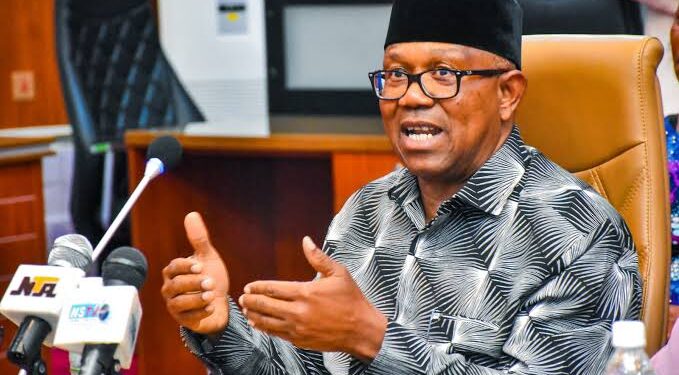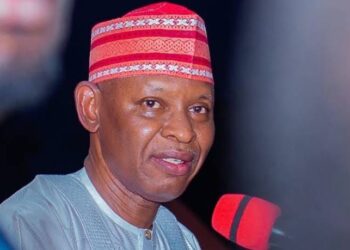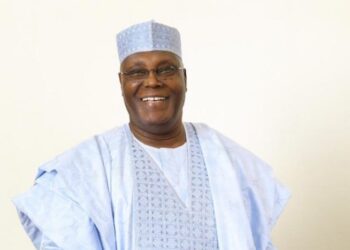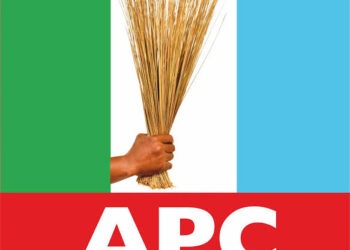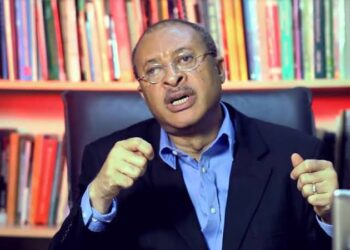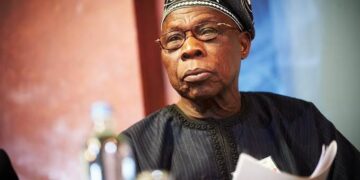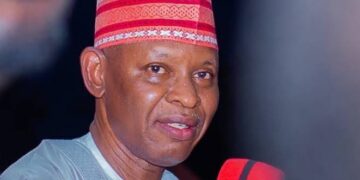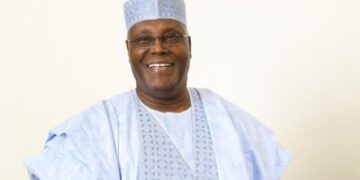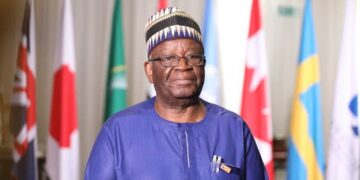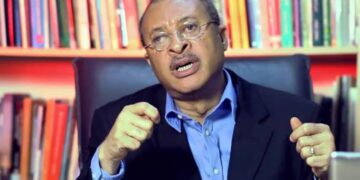The opposition coalition adopts ADC as its unified political platform ahead of Nigeria’s highly anticipated 2027 general elections.
On Wednesday, top political leaders gathered at the Yar’Adua Centre in Abuja to formalize the coalition’s strategic direction.
During the meeting, key figures like Peter Obi, Atiku Abubakar, and Rotimi Amaechi openly endorsed the opposition coalition’s agenda.
Also present were Nasir El-Rufai, David Mark, Rauf Aregbesola, and many others representing Nigeria’s diverse political traditions and ideologies.
As the opposition coalition adopts ADC, former Senate President David Mark will now serve as the party’s national chairman.
Rauf Aregbesola, former Osun State governor, assumes the role of national secretary within the reorganized ADC leadership structure.
On Thursday, Peter Obi reaffirmed the group’s unity, saying the opposition coalition adopts ADC after thoughtful deliberation and strategic planning.
Obi emphasized that the coalition aims to install a competent, capable, and compassionate government focused on the public good.
According to Obi, the decision reflects a broad consensus that Nigeria urgently requires ethical leadership and inclusive governance reforms.
He stressed the importance of collaboration, insisting no single group alone can dismantle entrenched poverty or insecurity in Nigeria.
Obi called on Nigerians to unite, support the coalition, and resist the institutions that perpetuate hardship and inequality nationwide.
David Mark echoed Obi’s sentiments, pledging to build a strong alternative rooted in justice, progress, and economic renewal.
Observers note that the coalition may represent Nigeria’s best opportunity to challenge the ruling APC’s dominance since 2015.
With this move, the opposition coalition adopts ADC as a symbol of change, unity, and hope for 2027 elections.
Political analysts predict increased momentum for the opposition as the coalition attracts more disillusioned voters and grassroots support.


